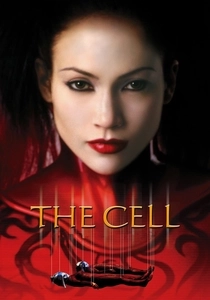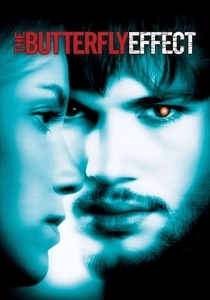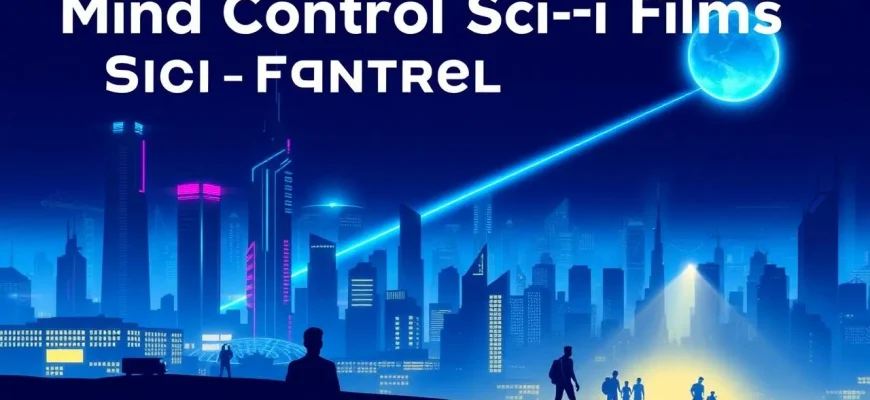Dive into the fascinating world of mind control with this curated list of 10 sci-fi films. These movies explore the dark and often thrilling possibilities of manipulating human consciousness, offering viewers a unique blend of psychological tension, ethical dilemmas, and speculative technology. Whether it's through telepathy, technology, or otherworldly forces, these films challenge our understanding of autonomy and free will, making for an engaging watch for anyone intrigued by the complexities of the human mind.

The Manchurian Candidate (1962)
Description: A political thriller where a Korean War veteran is brainwashed to become an assassin, showcasing the terrifying potential of mind control in political intrigue.
Fact: The film was remade in 2004 with Denzel Washington, but the original remains a classic for its chilling portrayal of mind control.
 Watch Now
Watch Now 
A Clockwork Orange (1971)
Description: This dystopian film features a form of aversion therapy that controls behavior through psychological manipulation, raising profound questions about free will and morality.
Fact: Stanley Kubrick removed the film from circulation in the UK for many years due to concerns over copycat violence.
 Watch Now
Watch Now 
Scanners (1981)
Description: Featuring individuals with telepathic abilities, "Scanners" examines the ethical and societal implications of mind control through psychic powers.
Fact: The film's most famous scene, where a head explodes, became an iconic moment in horror and sci-fi cinema.
 Watch Now
Watch Now 
Brainstorm (1983)
Description: Scientists invent a machine that records and plays back human experiences, leading to ethical dilemmas when they explore the boundaries of consciousness.
Fact: Natalie Wood died during the production of this film, leading to significant delays and changes in the script.
 Watch Now
Watch Now 
Dark City (1998)
Description: In this film, a man wakes up with no memory and discovers that his city is controlled by beings who can alter reality and memories, delving into the essence of identity and control.
Fact: The film's director, Alex Proyas, was inspired by the works of Philip K. Dick and film noir aesthetics.
 Watch Now
Watch Now 
The Matrix (1999)
Description: This iconic film explores a world where humans are unknowingly trapped inside a simulated reality, their minds controlled by sentient machines. It delves into themes of reality, choice, and the power of the mind.
Fact: The film's famous "bullet time" effect was developed specifically for this movie, revolutionizing visual effects in cinema.
 Watch Now
Watch Now 
The Cell (2000)
Description: A psychologist enters the mind of a comatose serial killer to find his latest victim, showcasing the potential and perils of entering another's consciousness.
Fact: The film's visual style was heavily influenced by surrealist art, particularly the works of Salvador Dalí.
 Watch Now
Watch Now 
The Butterfly Effect (2004)
Description: A young man discovers he can travel back in time to his childhood and change events, but each change has unforeseen consequences on his life and others' minds.
Fact: The film's ending was changed after test audiences found the original ending too bleak.
 Watch Now
Watch Now 
Inception (2010)
Description: A masterclass in mind manipulation, "Inception" follows a professional thief who enters the subconscious mind to implant an idea into a target's mind, exploring the layers of dreams within dreams.
Fact: The film's complex narrative structure required extensive planning; Christopher Nolan used a detailed dream journal to keep track of the plot.
 Watch Now
Watch Now 
The Adjustment Bureau (2011)
Description: Here, a man discovers that his life is being orchestrated by a mysterious group with the power to alter human behavior, exploring themes of destiny versus free will.
Fact: The film is based on a short story by Philip K. Dick, known for his explorations of reality and consciousness.
 Watch Now
Watch Now 








